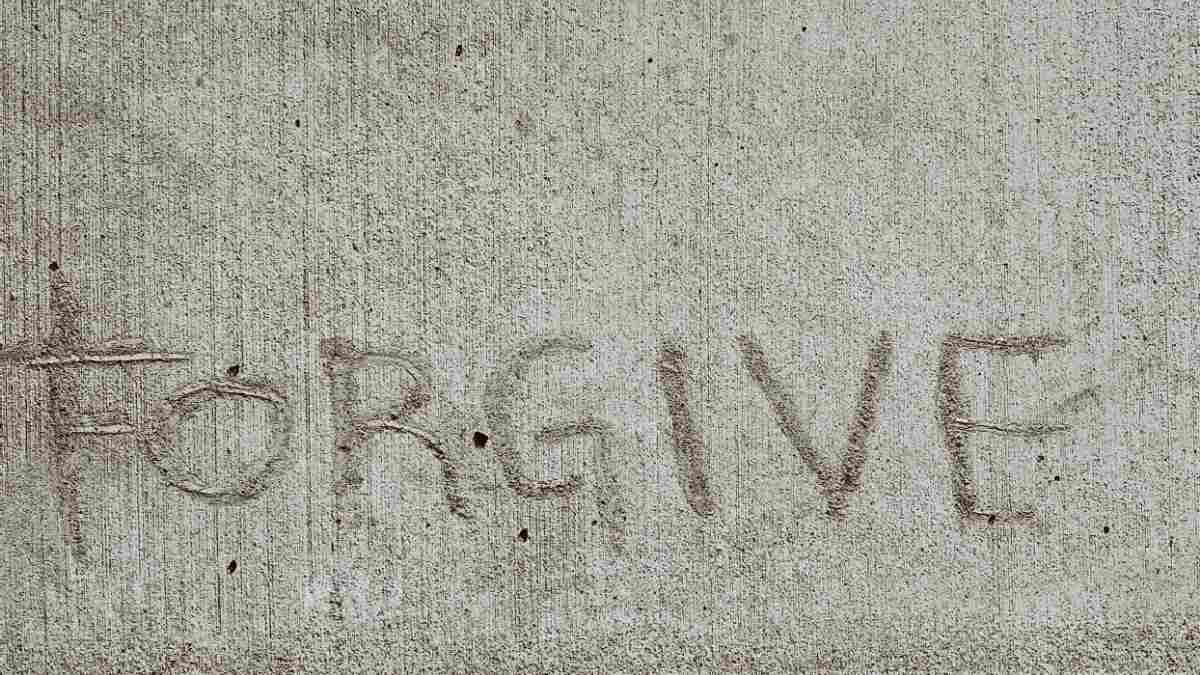
When To Choose Forgiveness, When To Choose Revenge?
A new study highlights the power of forgiveness in restoring one’s humanity.

By Mark Travers, Ph.D. | March 14, 2022
A new study published in the Journal of Personality and Social Psychology weighs the benefits of forgiveness against revenge in repairing one's sense of self after a dehumanizing or victimizing experience.
"Past work has demonstrated that cold and unempathic treatment can make people feel like objects lacking fundamentally human attributes," explains Karina Schumann, lead author of the research from the University of Pittsburgh. "With my collaborator Greg Walton, I theorized that forgiving one's transgressor would enable victims to re-humanize themselves after a victimization experience."
To test this theory, the researchers randomly divided research participants into two groups. One group imagined themselves in a neutral interaction with a colleague. The other group imagined being offended by a colleague, and then imagined either forgiving the colleague or taking revenge against them, depending on which scenario they received.
They found that participants who imagined taking revenge against the colleague remained in a dehumanized state (e.g., rating themselves as feeling less refined, emotional, and intelligent, and more superficial, cold, and animalistic) relative to those who imagined no offense occurring. On the other hand, participants who imagined forgiving the colleague felt just as human as those who imagined no offense occurring.
"This pattern of results suggests that forgiveness can fully rehumanize victims after their sense of humanness has been damaged by an offense," says Schumann.
The research suggests that forgiveness is a transformative process that involves releasing negativity toward the transgressor and possibly increasing positivity and feelings of benevolence towards them. It is considered a moral response rooted in the virtues of mercy, unconditional love, and generosity. And, because of its prosocial nature, it is treated as morally superior to a strict adherence to justice.
"People who forgave felt that they had acted in line with moral values, which in turn allowed them to feel rehumanized," points out the author.
While victims who take revenge might feel rehumanized because they exert dominance and control over the transgressor or believe they are upholding justice, there are also reasons why revenge might not feel rehumanizing.
"People may experience revenge as uncivilized, destructive, or antisocial behavior that violates moral values," says Schumann. "Given these competing possibilities for revenge, we hypothesized that revenge would be less rehumanizing than forgiveness. And we found support for this prediction across five studies."
The research also highlights other benefits of forgiveness, such as:
- Feeling a stronger sense of belonging to a human community
- Indicating that their morality was more central to who they are
- Experiencing a lower propensity toward self-harm
"The benefits we saw on these downstream outcomes suggests that rehumanizing the self through forgiveness can have meaningful impacts on how people treat themselves and others," explains Schumann.
For people who have decided to forgive their transgressor but don't know where to start, Schumann suggests reflecting on the following questions:
- Do you feel you have an accurate understanding of the transgressor's actions and what caused them to do what they did (if not, perhaps a conversation with them could be helpful)?
- Are there ways in which you can relate to and empathize with the transgressor's actions?
- Have you been on the receiving end of compassion and forgiveness after hurting someone? How did that feel?
- Is your relationship with this person worth investing in? If so, the value that relationship holds in your life might be something to focus on. If not, you might instead focus on how it might benefit you to release anger and resentment toward someone.
"If you choose to engage in this process, understand that forgiving does not mean excusing the transgressor or releasing the transgressor from being accountable for their behavior," clarifies Schumann.
In the future, Schumann would like to see a stronger focus on understanding how people can move themselves toward forgiveness, particularly in circumstances when withholding forgiveness is to their own detriment.
"When designing these interventions, it's really important that the victim feels a sense of choice in their decision to forgive, and that they empower victims to willingly engage in a process of forgiveness," concludes Schumann.
A full interview with Karina Schumann discussing her new research on forgiveness can be found here: To forgive or not to forgive
